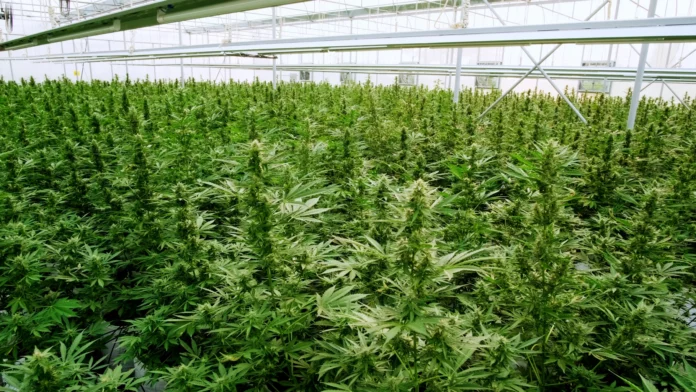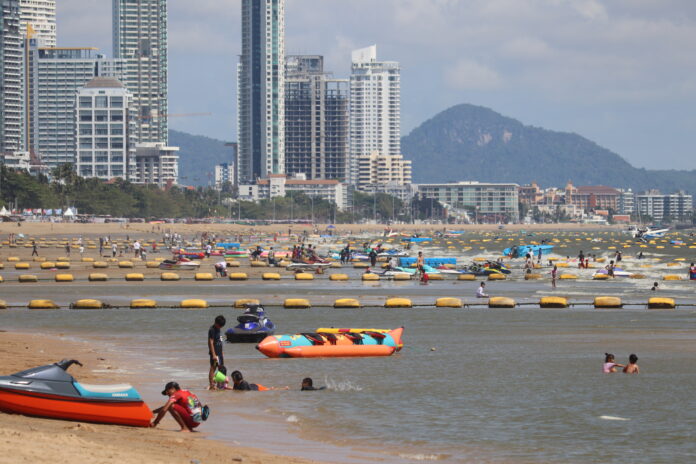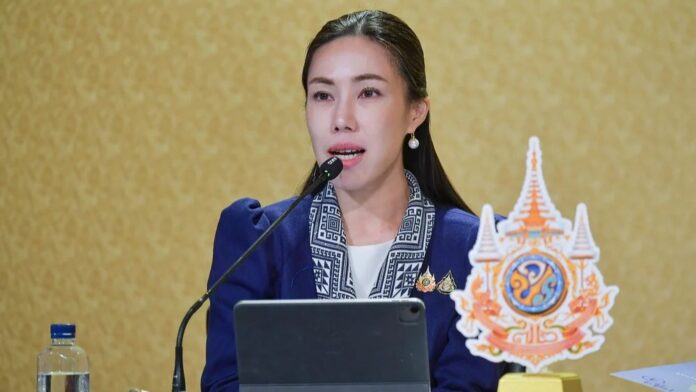National—
On May 19th, 2024, Thailand's first survey center, NIDA Poll, publicly revealed a survey between May 14th to 15th from 1,310 individuals on a proposal to reclassify cannabis as a narcotic illegal drug.
The data was collected from 1,310 individuals aged over 15 in a wide range of careers and incomes across Thailand, according to NIDA. The survey was made by a multi-stage sampling method on phone interviews. It was reported that the confidence value was at 97% in the results being accurate by the surveyors.
According to a survey on public opinions regarding considering cannabis as a narcotic, 53.74% of respondents agreed but said it also has medical and economic benefits, 33.59% agreed and said cannabis has no benefits, 11.60% disagreed, and 1.07% were unsure.
Regarding public opinions on the government's cannabis policy, 74.58% of respondents indicated that it should be for medical and therapeutic purposes only, 19.39% indicated that the government should not implement any policy to support cannabis or cannabis products, 10.53% believed it should support legal cannabis products with 7.40% for boosting general public income, 3.21% for supporting recreational purposes, and 0.99% were unsure or did not answer.
On the issue of reclassifying cannabis as a narcotic, 60.38% of respondents strongly agreed, 15.27% somewhat agreed, 14.50% strongly disagreed, 8.93% somewhat disagreed, and 0.92% were unsure or did not answer.
Concerning compensation for cannabis farmers or businesses if cannabis is reclassified as an illegal narcotic, 46.95% of respondents believed the government should not compensate anyone, 35.03% thought the government should compensate both cannabis farmers and businesses, 10.08% said only farmers should be compensated, 2.06% said only cannabis businesses should be compensated, and 5.88% were unsure or did not answer.
Lastly, regarding their experiences with cannabis, 68.93% of respondents reported having no experience with cannabis, and 31.07% had some experience.
Among those with cannabis experience (407 respondents), 52.58% had used it in food or drinks, 34.64% had smoked or consumed it, 22.36% had used it for medical purposes, 15.97% had grown cannabis, and 0.98% had experience with commercial cannabis product processing and trading.
This poll comes in the wake of a growing debate between the Thai government and pro-cannabis groups over a proposal to reclassify cannabis as an illegal narcotic, as we have reported extensively such as here.
Pro-cannabis groups have already been protesting the proposal and delivering legal threats and formal letters to the Thai government, protesting the proposal that would basically recriminalize cannabis in Thailand except for medical use with strict government regulations, ending the ability for people to grow small amounts at home and potentially causing people to face the possibility of high fines and extensive jail sentences for even small amounts of marijuana.
The ongoing debate over what to do about cannabis in Thailand, with both sides of the debate having polar opposite views, has gone on for two years since cannabis was decriminalized but opposition fought finalizing laws to regulate the industry, leaving it in a legal grey area to this date.

























